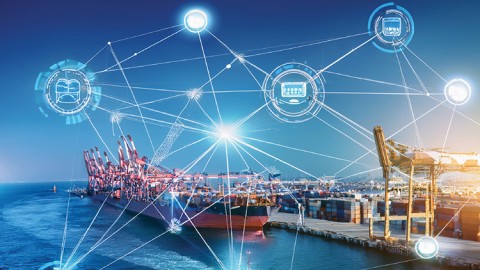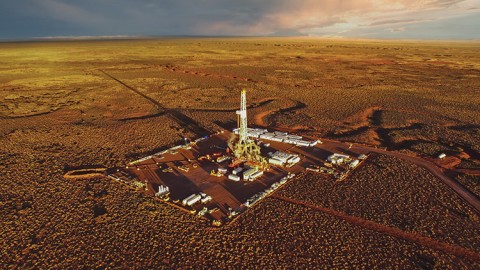It is a truth universally acknowledged that we are currently living in an era wherein vying for achieving the net zero is the status quo; this is a clear indication of environmental requirements from administrations, the public, and buyers. Companies are taking notice and attempting to implement their environmental obligations. However, greater climate information and the ability to use it will be needed at every level of management in order to integrate climate change awareness and decarbonization initiatives into the company strategy. Capacity development is a crucial component of the overall transition to net zero. Organizations may make fact-based choices on the dangers and possibilities associated with environmental issues if they have a greater awareness of the consequences of climate change and existing ways of tackling them.
General Overview
Firstly, due to the extreme diversity of the oil and gas sector, individual businesses may choose very distinct transitional plans to achieve net-zero carbon emissions. Nevertheless, all oil and gas businesses ought to put a top focus on reducing emissions from their main activities. This involves addressing operational methane emissions and doing away with flaring. Corporations should energize activities wherever feasible by utilizing renewable power, either by buying it from the power grid or by incorporating off-grid renewable energy sources into different sectors (i.e. infrastructure). Suppliers that can back up their claims with evidence of successful efforts to cut emissions can make a convincing case for why their oil and gas resources should be chosen over alternatives with greater emissions.
Youth Capacity Building
Building capacity is crucial for human cadres in achieving the net-zero goals that Egypt and other international bodies have set. An essential condition for achieving the lofty goals that were originally set is the ability to regulate the magnitude and unpredictability associated with the years to come, the complexity and interconnected importance of the changing climate, the necessity and the difficult dynamics that exist between various actors. Nevertheless, Egypt will have to take into consideration the pressing need to expand and build its economy when this capacity issue arises.
At the moment, the main concern is that with all the new internal and external pressures from governmental organizations, legislative bodies, and NGOs focused on environmental practices, oil and gas companies will have to ensure that they meet the necessary requirements to reduce emissions with the least impact on productivity. With that in mind, newer generations are entering the oil and gas field with some knowledge and awareness about recent environmental practices and requirements relevant to climate change (i.e. via COP events, United Nations reports, etc.). As suggested by a Climate Change Expert, “There are two main problems that have to be understood; [one] is that the young people have some knowledge from social media and campaigns, but are not hired by the [oil and gas] sector to take advantage of them. Also, we have to make a ‘bottom-up approach’ to teach everyone from the young people to high-level managers about the sustainability goals and how to achieve these in the industry so that it is easy to achieve these.”
At the same time, people working in the oil and gas industry for some time also have some awareness of industry practices but require more updates on recent legislations and strategies possible. Thus, introducing capacity building on emissions in the oil and gas industry, will result in a new set of human cadres being specialized in energy efficiency and emissions practices and strategies.
The main aim of a capacity-building program is to increase the ability of youths to tackle the issue of climate change, especially in susceptible nations, through practical actions; to encourage a proactive sharing of knowledge and insights acquired; and to deal with the connections among environmental action and the adoption of pertinent practices and policies.
According to the Sustainable Development Goals (SDGs) of the United Nations, empowering young people could result in a decrease in countries’ increasing poverty gap and increasing rates of unemployment.








